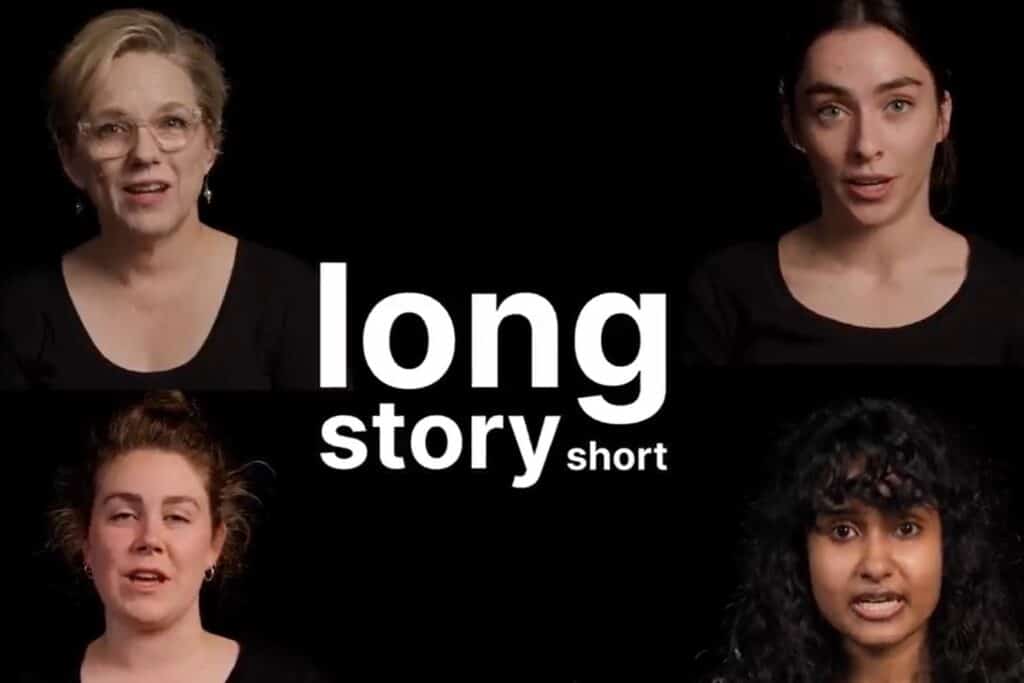The voices of women in rural and regional areas often go unheard when it comes to their health. To help change this reality, one feminist organisation in Victoria has released a project aimed at elevating their lived experiences, showing why women’s health should be a top priority for decision makers.
The Long Story Short project collects real stories from women in rural and regional areas to be shared by actors in a series of videos. It’s an initiative put on by Women’s Health Goulburn North East (WHGNE) as well as Women’s Health Lodden Mallee (WHLM) in rural and regional Victoria.
Formerly called “Storylines”, the multi-year project aiming to reshape the narratives of women’s sexual and reproductive health.
“Some years ago, I started experiencing some worrying symptoms,” says one of the women in the project’s videos.
“Even though my first thought had been menopause, I dismissed it almost immediately. I was only 39 at the time and my admittedly limited understanding was that menopause didn’t hit until your late 40s or into your 50s.”
The woman in the video goes on to explain that her doctor diagnosed her with perimenopause– something she’d never heard of before but felt grateful to have learned about through a supportive doctor.
“I wish the story ended there,” she says next. “I’d been at my job for over three years and thought I had a really good relationship with my employers. But they were not sympathetic at all when I requested lighter duties or time off.”
“I feel like a better understanding of women’s health is needed, especially around taboo subjects like perimenopause and menopause.”
The woman’s story is only one among the many videos included in the Long Story Short Project and the group has a submission form on its website where more women and gender diverse people can share their experiences and perspectives.
The organisations (WHGNE and WHLM) will then use the data provided to “better understand women’s experiences and more effectively advocate for sexual and reproductive health services and information that is rights-based and provided to women in a way that is nonjudgmental, easily understood, culturally sensitive, free from discrimination, affordable, geographically accessible, and sex positive.”

